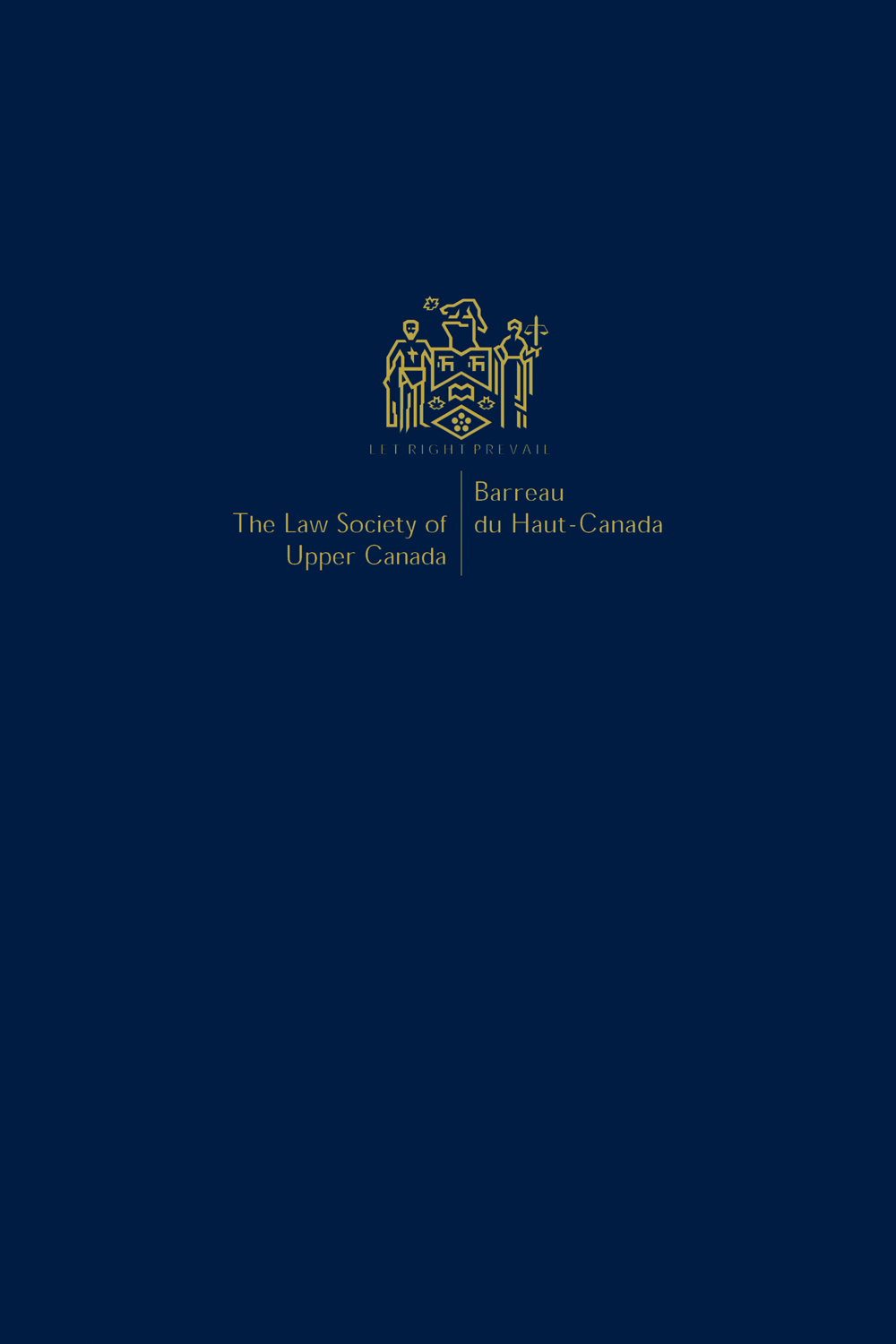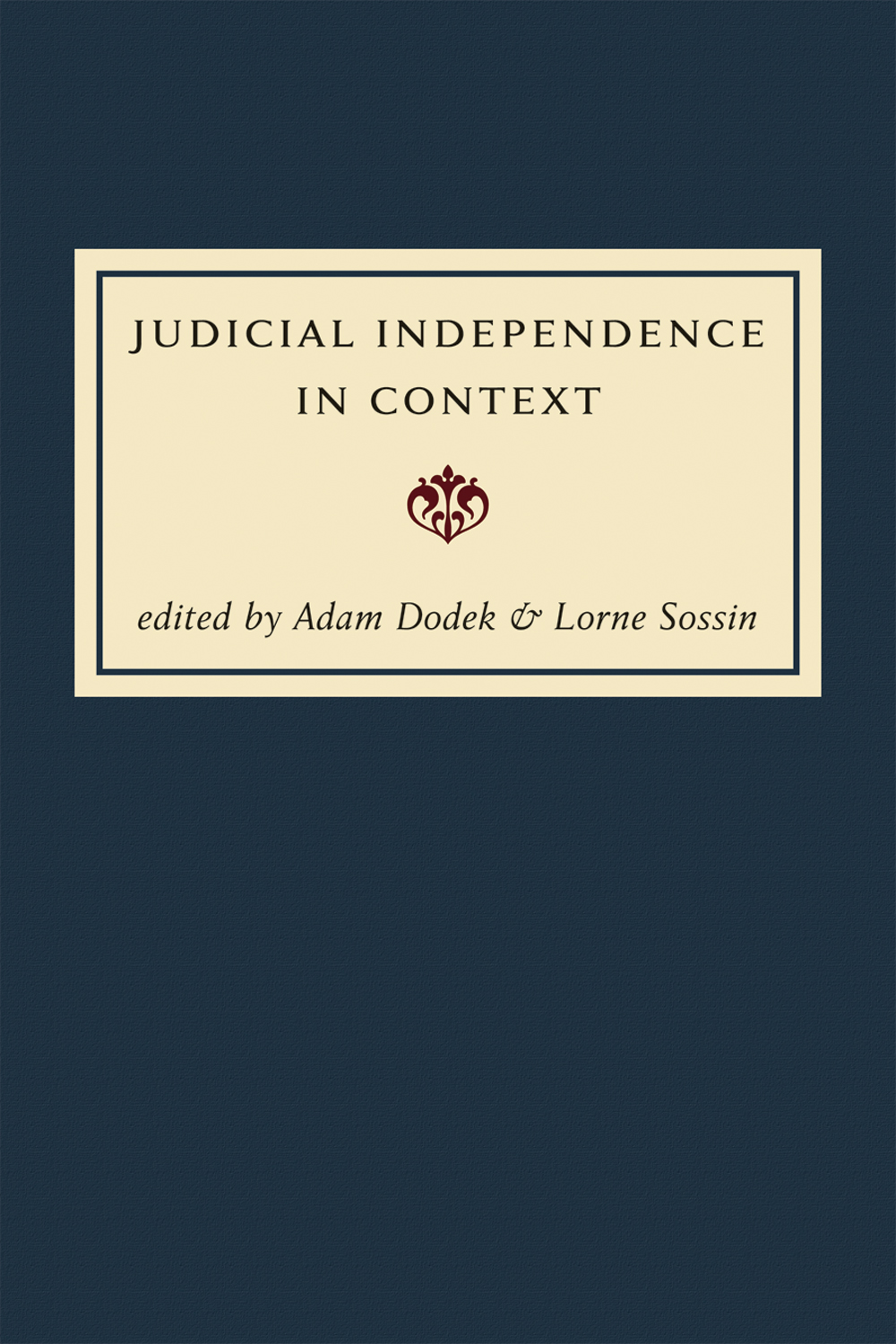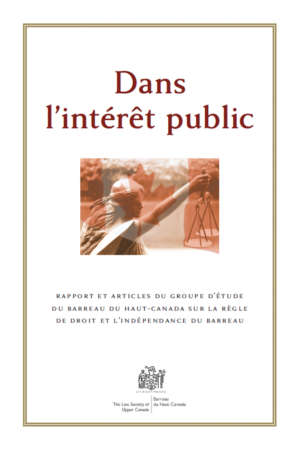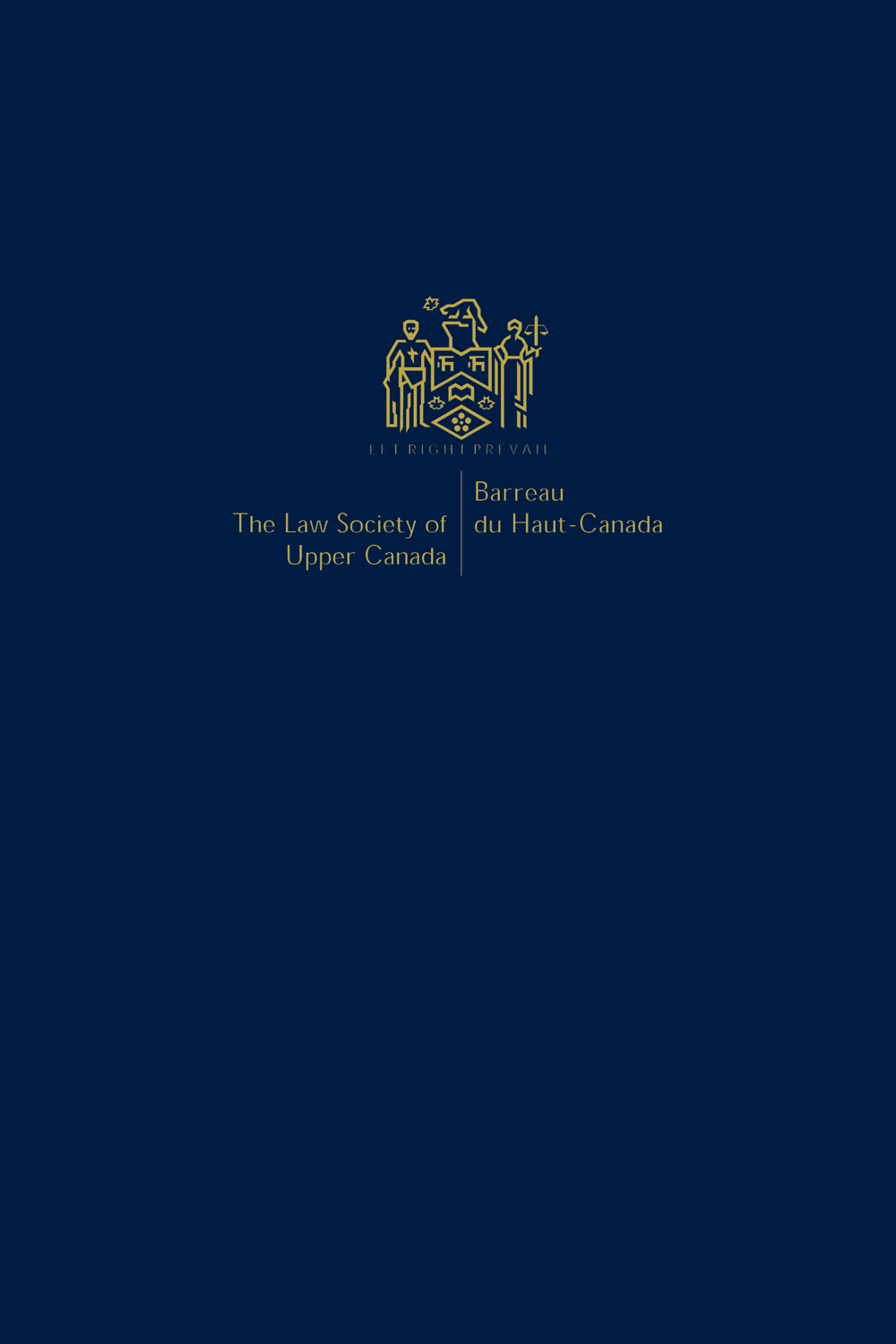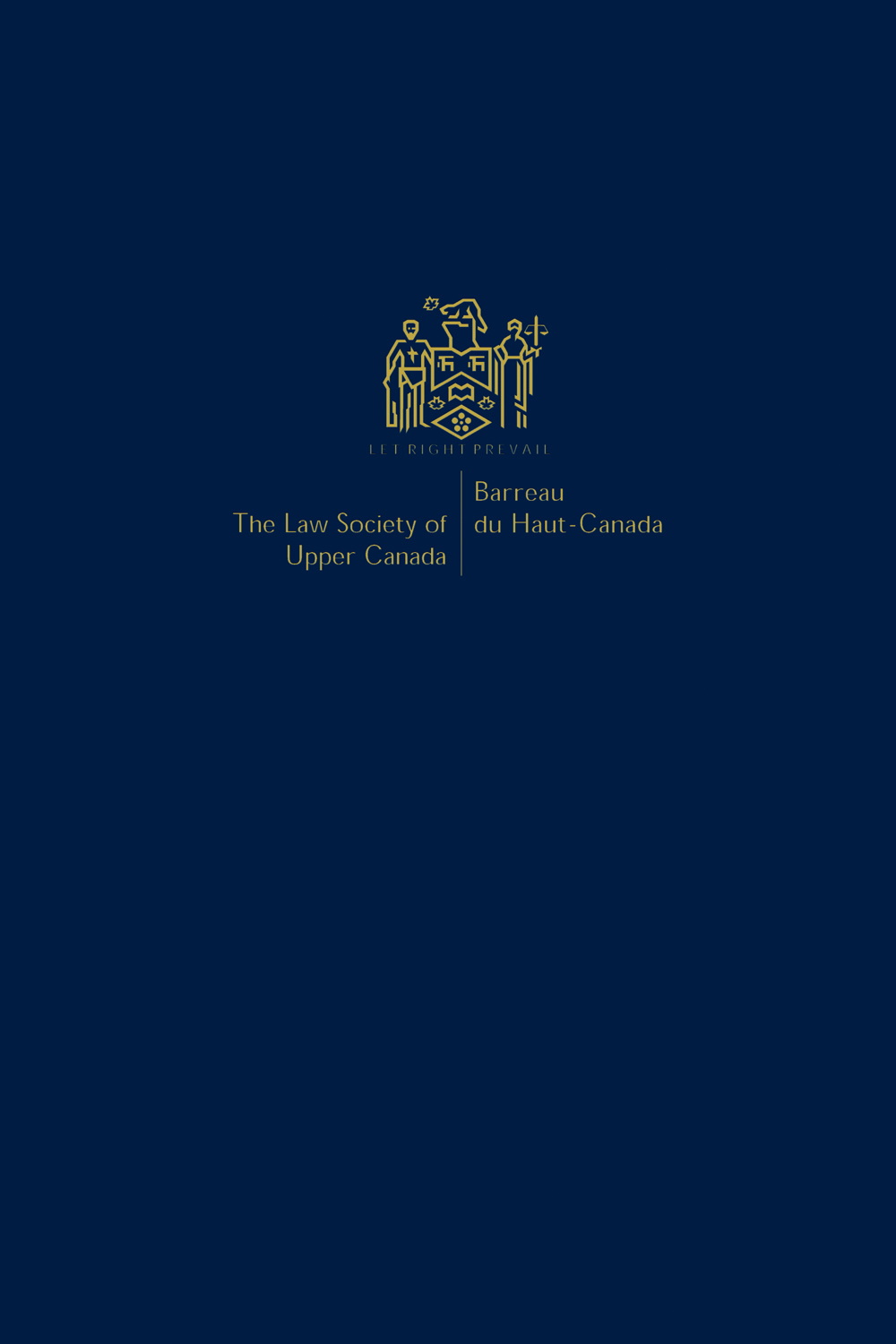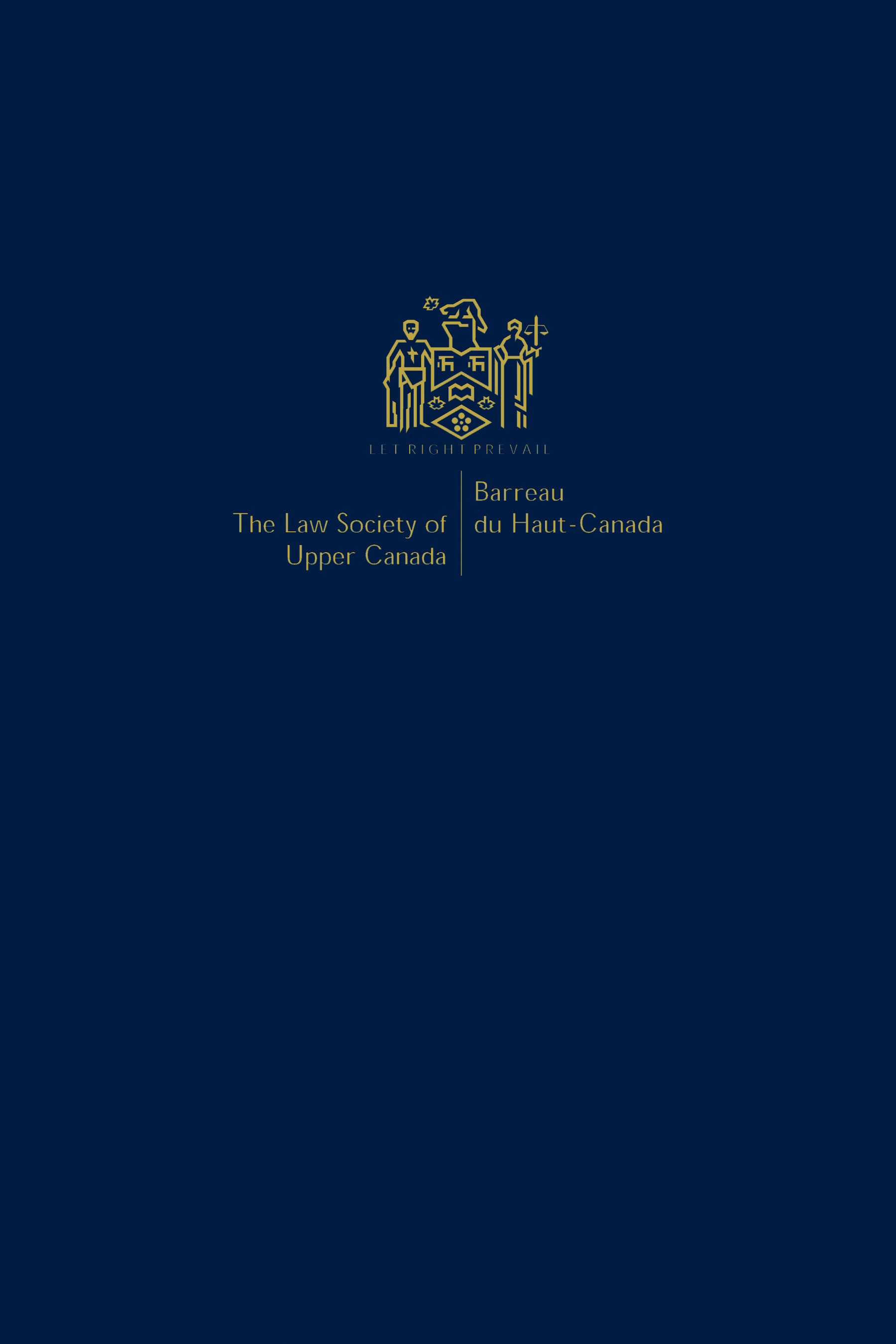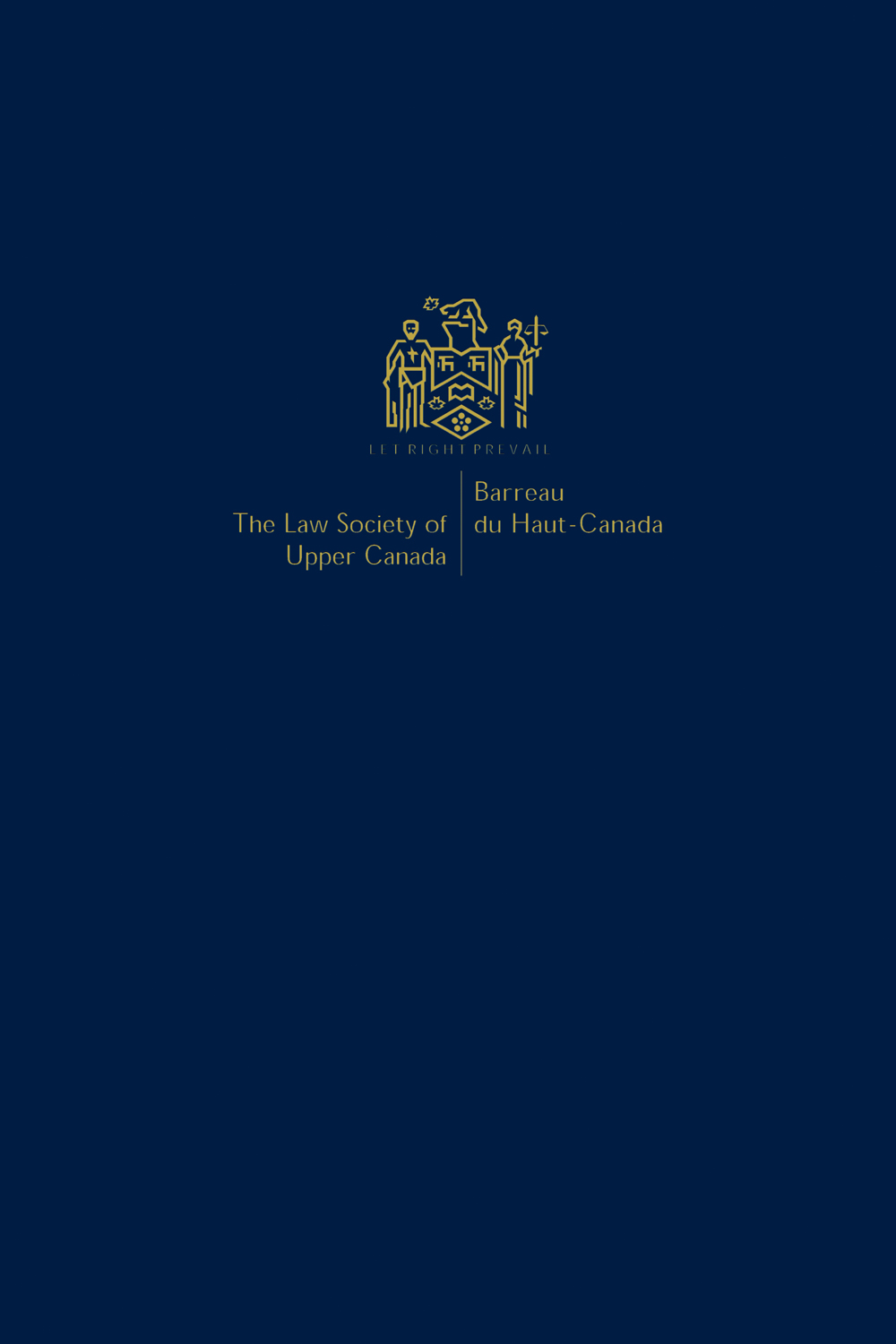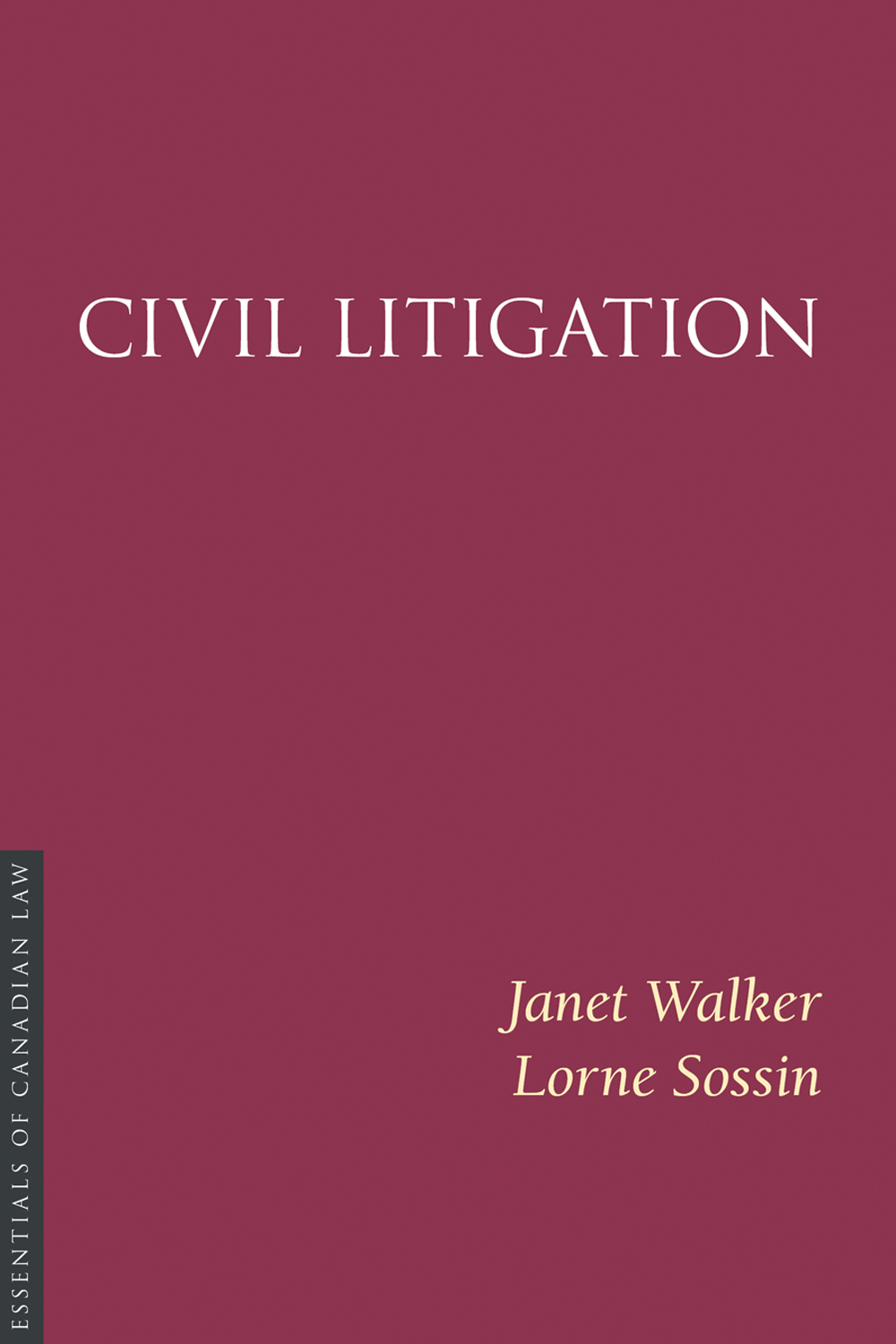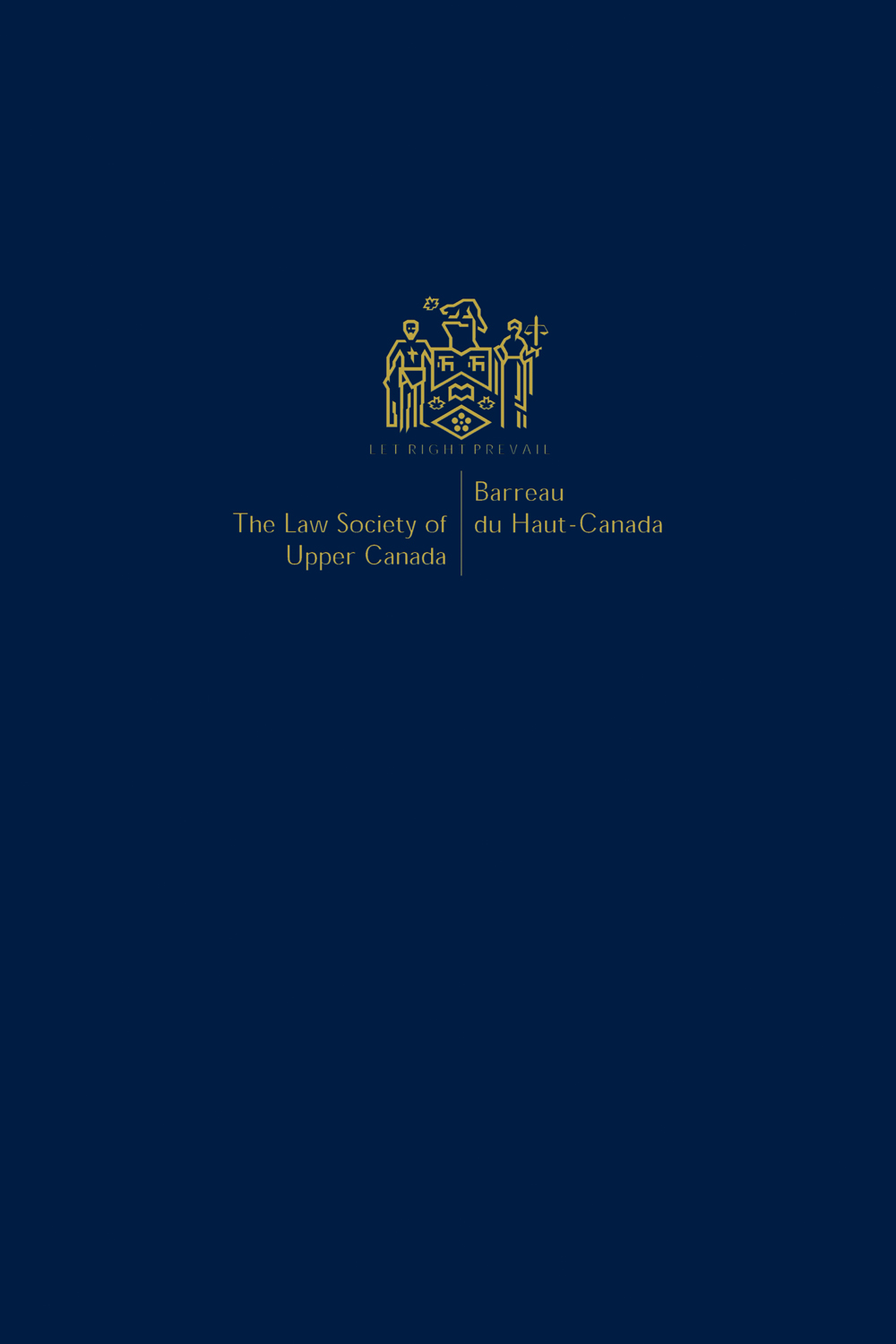Product Description
The public has a right to be able to obtain legal assistance from someone who is independent of the state and the citizenry and who can, therefore, put their clients’ interests first without fear of constraint or punishment. In other words, the public has a right to an independent Bar which can protect the rights of individuals from being violated by the state or other citizens.
The independence of the Bar, like the independence of the judiciary, is essential to the maintenance of the rule of law and the proper functioning of the administration of justice, as well as being one of the hallmarks of a free and democratic society. While the need for an independent Bar has never been greater, the fragility of this ideal, particularly when faced with urgent public policy priorities, is apparent. The independence of the Bar is only as strong as the belief on the part of lawyers, the public, the judiciary, and the government that it is worth preserving and promoting.
The rationale for the Law Society of Upper Canada launching the Task Force on the Rule of Law and the Independence of the Bar was to enhance public understanding of, and commitment to, the independence of the Bar and to contribute to the ongoing debate on the limits of this independence. The Task Force commissioned six background studies from some of the leading academic voices on the legal profession from across the country. The papers represent the most comprehensive and in-depth exploration of the concept of the independence of the Bar ever undertaken in Canada. They also represent a significant resource for those who wish to build on and extend this research.


